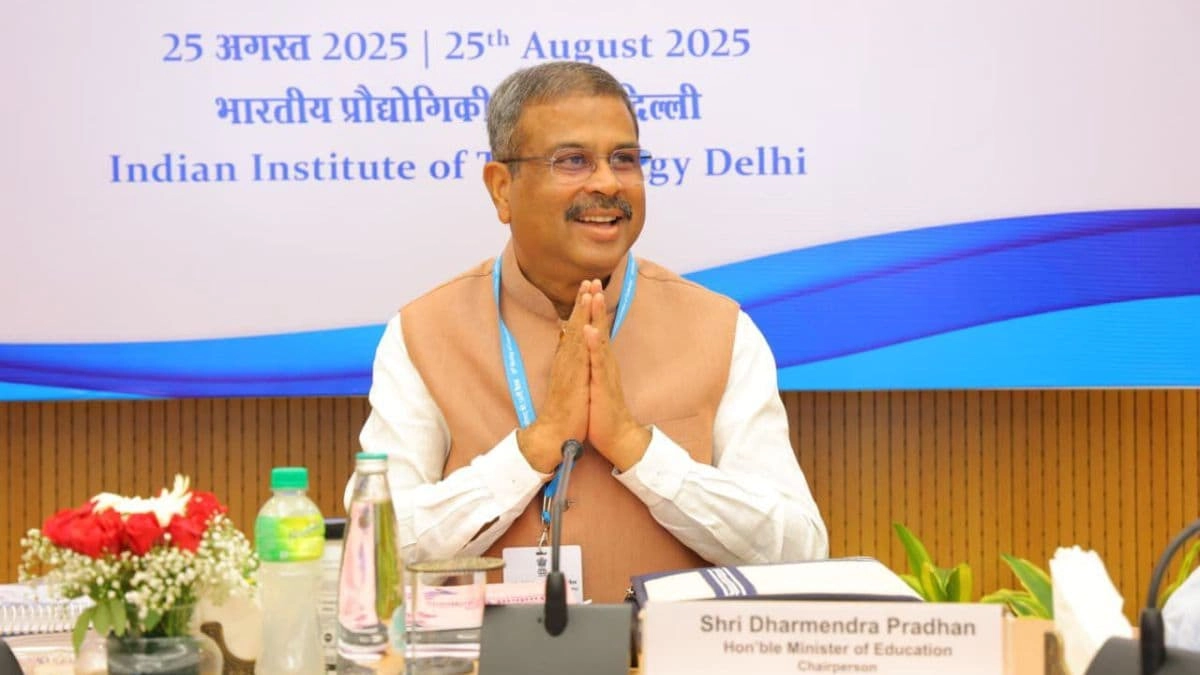The ongoing geopolitical dynamics between Greenland and the United States reflect broader issues of colonial legacy, national identity, and the complex interplay of local autonomy and external influence. As the U.S. continues to express interest in Greenland, a territory of Denmark, the question arises: how should Greenland navigate its relationship with a superpower that appears to want everything it has to offer? From natural resources to strategic military positioning, the U.S. is keenly aware of Greenland’s potential value. However, the challenge lies in ensuring that Greenland’s voice is not overshadowed by external ambitions.
Greenland’s unique position as a territory with a distinct culture and identity must be preserved even as it engages with American interests. The rich natural resources, including rare minerals and oil reserves, make Greenland an attractive target for U.S. investment and exploitation. However, the Greenlandic people must be at the forefront of decision-making processes. Autonomy is crucial; the territory should leverage its resources not merely for the benefit of foreign powers but for the sustainable development of its own communities. This requires a careful balance between welcoming foreign investment and safeguarding local interests.
Moreover, the historical context of colonialism cannot be ignored. Greenland has a legacy of being undervalued and exploited by outside powers, and the current American interest could be seen as a continuation of that narrative if not approached with sensitivity. Greenlanders must assert their autonomy and ensure that their culture, environment, and governance structures are respected. Engaging in dialogues with the U.S. that center on mutual respect and partnership rather than dominance will be essential.
As Greenland navigates these complexities, it must also consider its environmental responsibilities. The global climate crisis is particularly pressing for the Arctic region, and any development must align with sustainability goals. Greenland has the opportunity to lead by example, demonstrating that economic development and environmental stewardship can coexist. In doing so, it can redefine its relationship with the U.S. and other global powers, emerging not merely as a resource provider but as a proactive player in international discussions about climate, culture, and community well-being.
In conclusion, the path forward for Greenland in managing its relationship with an America that seems eager to tap into its resources must be one marked by assertiveness and collaboration. By prioritizing local autonomy, cultural integrity, and environmental sustainability, Greenland can carve out a future that not only meets its needs but also challenges the traditional narratives of exploitation. In this way, it can transform potential challenges into opportunities for growth and development, ensuring that its identity remains strong and resilient amidst external pressures.




